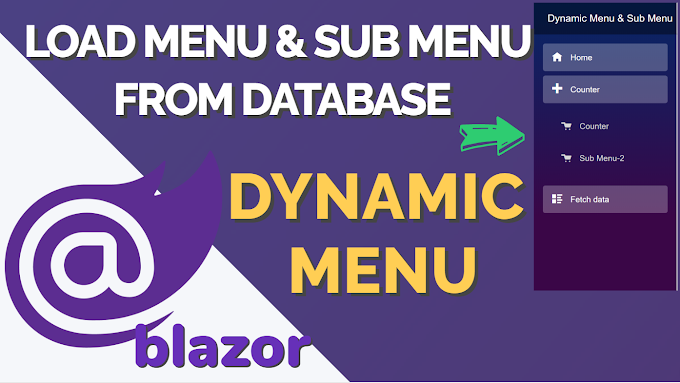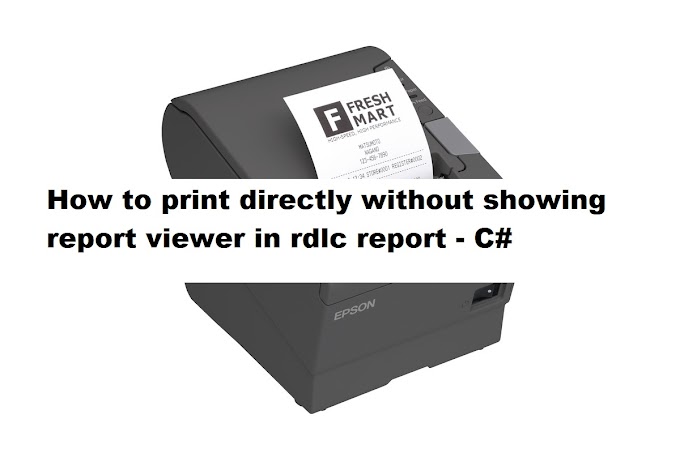Method 1: Execute this query by using your Table Name .
Or
Method 2: Create a Procedure by this query and pass parameter Table Name and Execute.
-- Add the parameters for the stored procedure here
declare @TableName varchar(200)=''
set @TableName='TableName'
--declare @TableName sysname = 'TableName'
declare @Result varchar(max) = 'public class ' + @TableName + '
{'
select @Result = @Result + '
public ' + ColumnType + NullableSign + ' ' + ColumnName + ' { get; set; }
'
from
(
select
replace(col.name, ' ', '_') ColumnName,
column_id ColumnId,
case typ.name
when 'bigint' then 'long'
when 'binary' then 'byte[]'
when 'bit' then 'bool'
when 'char' then 'string'
when 'date' then 'DateTime'
when 'datetime' then 'DateTime'
when 'datetime2' then 'DateTime'
when 'datetimeoffset' then 'DateTimeOffset'
when 'decimal' then 'decimal'
when 'float' then 'double'
when 'image' then 'byte[]'
when 'int' then 'int'
when 'money' then 'decimal'
when 'nchar' then 'string'
when 'ntext' then 'string'
when 'numeric' then 'decimal'
when 'nvarchar' then 'string'
when 'real' then 'double'
when 'smalldatetime' then 'DateTime'
when 'smallint' then 'short'
when 'smallmoney' then 'decimal'
when 'text' then 'string'
when 'time' then 'TimeSpan'
when 'timestamp' then 'DateTime'
when 'tinyint' then 'byte'
when 'uniqueidentifier' then 'Guid'
when 'varbinary' then 'byte[]'
when 'varchar' then 'string'
else 'UNKNOWN_' + typ.name
end ColumnType,
case
when col.is_nullable = 1 and typ.name in ('bigint', 'bit', 'date', 'datetime', 'datetime2', 'datetimeoffset', 'decimal', 'float', 'int', 'money', 'numeric', 'real', 'smalldatetime', 'smallint', 'smallmoney', 'time', 'tinyint', 'uniqueidentifier')
then '?'
else ''
end NullableSign
from sys.columns col
join sys.types typ on
col.system_type_id = typ.system_type_id AND col.user_type_id = typ.user_type_id
where object_id = object_id(@TableName)
) t
order by ColumnId
set @Result = @Result + '
}'
print @Result








0 Comments